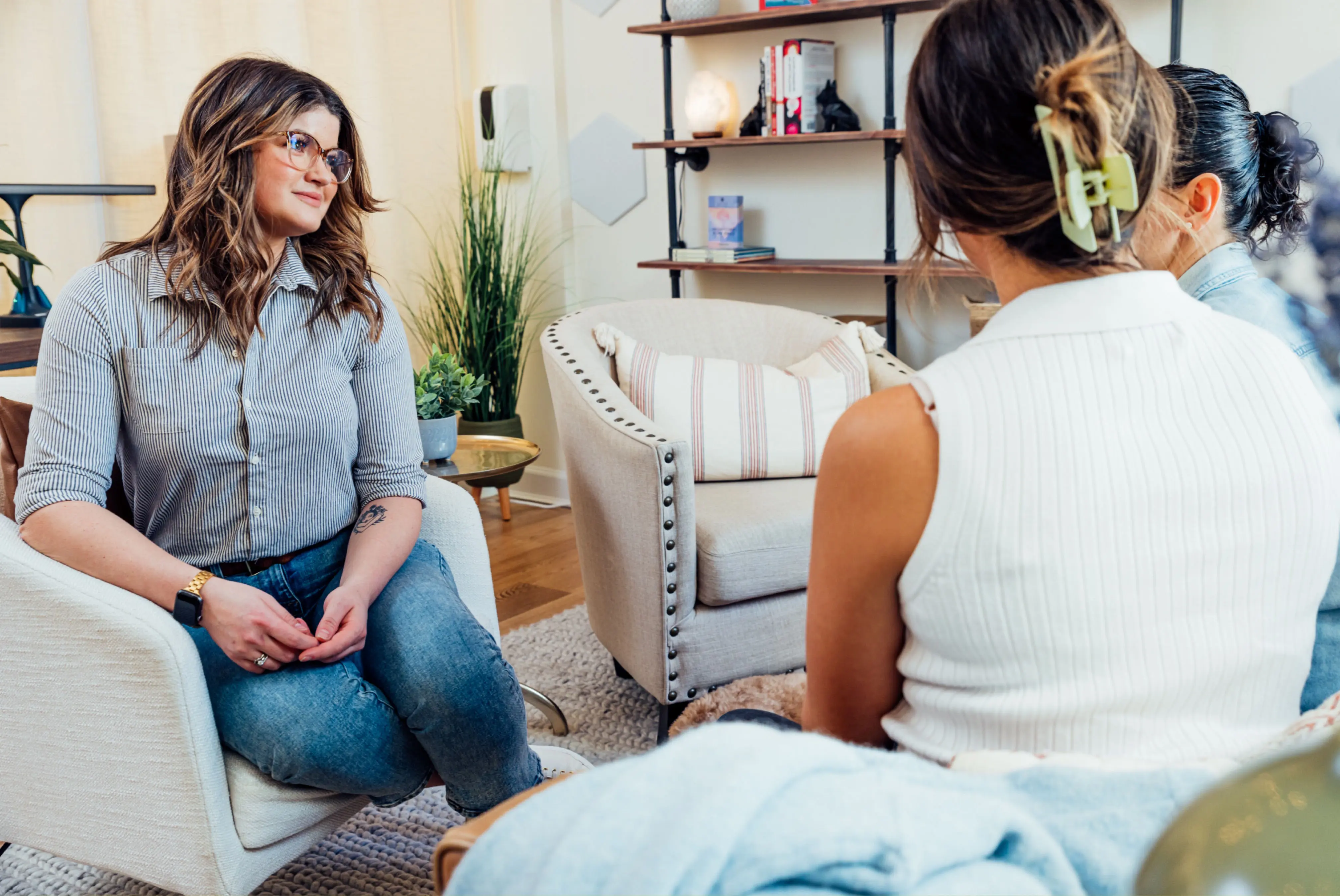24/7 Helpline:
(866) 899-221924/7 Helpline:
(866) 899-2219
Learn more about Couples Rehab centers in Colbert County
Couples Rehab in Other Counties

Other Insurance Options

Lucent

UnitedHealth Group

Ceridian

Anthem

Holman Group

Magellan Health

Sliding scale payment assistance

Highmark

EmblemHealth

Optum
Beacon

MHNNet Behavioral Health

Magellan

Sutter

Medical Mutual of Ohio

ComPsych

Optima

BlueShield

Kaiser Permanente

GEHA

Shoals Treatment Center
Shoals Treatment Center is an alcohol and drug rehab center in Sheffield, Alabama that offers addict...

Mission Teens – Restoration Ranch
Restoration Ranch is a non-denominational Christian Discipleship ministry located in Northport, AL. ...

Mental Health Institute – Cherokee
Mental Health Institute – Cherokee is a public rehab located in Cherokee, Iowa. Mental Health Instit...

Rosencrance Jackson Centers – Cherokee Office
Rosencrance Jackson Centers – Cherokee Office is a non-profit rehab located in Cherokee, Iowa. Rosen...

Jackson Recovery Centers – Synergy Center
Jackson Recovery Centers - Synergy Center is an inpatient co-occurring addiction treatment center. J...

Plains Area Mental Health
Plains Area Mental Health is a private rehab located in Cherokee, Iowa. Plains Area Mental Health sp...

Unity Healing Center
Situated in Cherokee, North Carolina, Unity Healing Center is a drug and alcohol rehab for Native Am...






















































